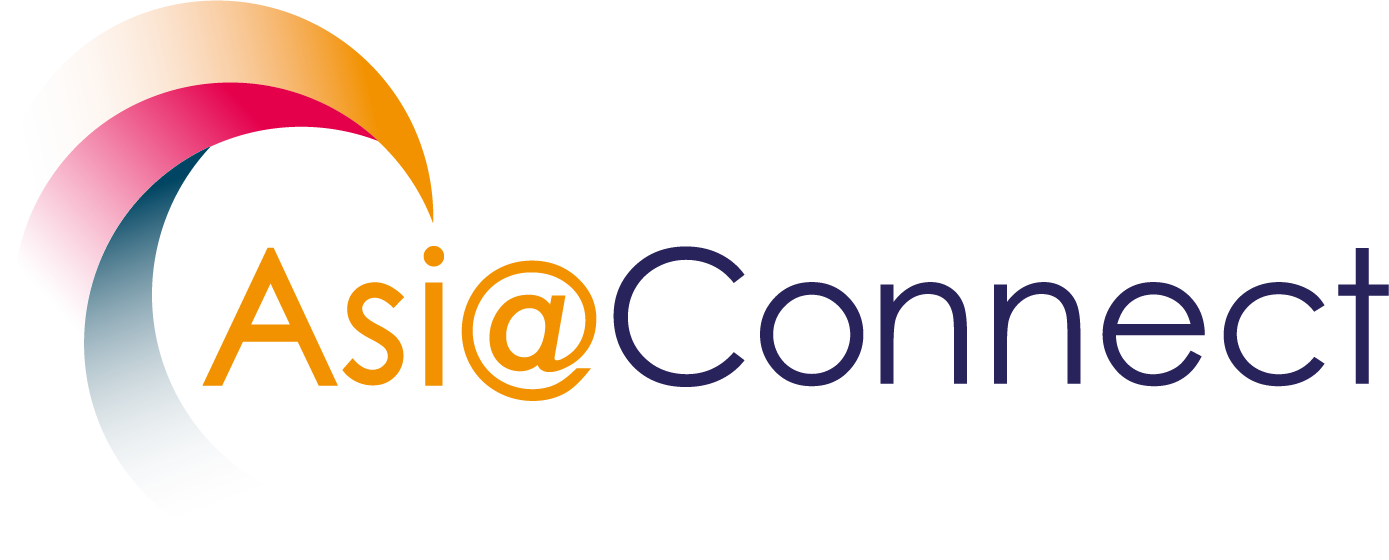Linux System Administration Training
Empowering IT Technicians in Afghanistan's Public Universities



Empowering IT Technicians in Afghanistan's Public Universities



Building sustainable IT infrastructure through open-source solutions and local capacity development
Increase awareness and usage of Linux systems to reduce dependency on illegal proprietary software across Afghan universities.
Train IT staff in secure server and network maintenance using Linux system administration best practices.
Improve cybersecurity standards and reduce vulnerabilities through proper system configuration and management.
Ensure institutional readiness for integration into regional education networks like AfgREN.
Comprehensive approach from assessment to implementation
Conducted comprehensive survey using Google Forms to identify existing skill levels and training needs of IT technicians across participating universities.
Designed workshop modules covering Linux installation, file systems, user management, server configurations, and security practices based on survey results.
Conducted 5-day intensive workshop in December 2020, providing hands-on Linux administration training to IT staff from MoHE and public universities.
Follow-up 5-day workshop in February 2021, building on Phase 1 knowledge with advanced topics and practical implementation exercises.
Implemented pre- and post-training assessments to measure learning outcomes and collected comprehensive feedback for continuous improvement.
Submitted detailed reports, materials, and documentation to TEIN*CC and MoHE for broader knowledge sharing and policy development.
Measurable impact on Afghanistan's university IT infrastructure
50 IT technicians gained hands-on Linux system administration capabilities, enabling secure and legal server management across their institutions.
Participants were introduced to various Linux distributions and open-source server tools, promoting adoption in their home institutions.
Training enabled secure configuration of SSH, firewalls, and antivirus tools, significantly reducing cybersecurity vulnerabilities.
Transition from illegal Windows to Linux systems reduced software costs, freeing budget for other infrastructure improvements.
Established peer support network through WhatsApp groups and ongoing access to training materials and expert guidance.
Contributing to global development objectives
Enhancing educational infrastructure and digital literacy
Building resilient infrastructure and promoting innovation
Promoting strong institutions and legal software practices
Strengthening global partnerships for development